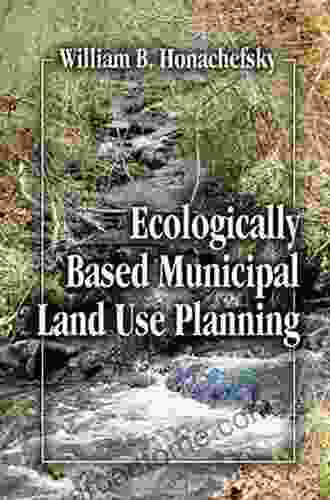Ecologically Based Municipal Land Use Planning: A Comprehensive Guide to Sustainable Urban Development

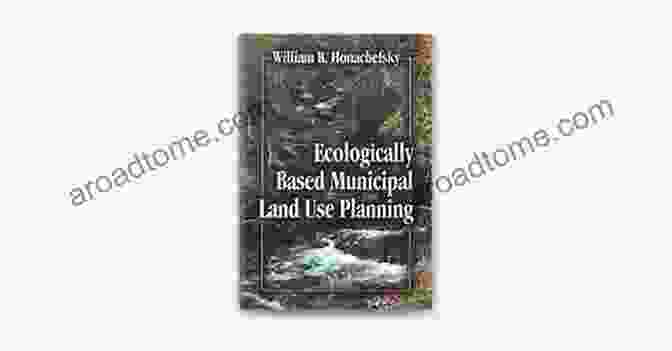
As urban areas continue to expand, the need for sustainable land use planning becomes increasingly critical. Ecologically based municipal land use planning offers a comprehensive approach to managing urban growth and development while protecting and enhancing environmental resources. This article will provide an overview of the principles and practices of ecologically based municipal land use planning, exploring its benefits and challenges and showcasing successful case studies.
4.8 out of 5
| Language | : | English |
| File size | : | 265138 KB |
| Print length | : | 272 pages |
Principles of Ecologically Based Municipal Land Use Planning
Ecologically based municipal land use planning is rooted in the following principles:
- Protect and enhance natural ecosystems: Land use decisions should prioritize the preservation and restoration of natural habitats, water bodies, and other ecological features.
- Minimize environmental impacts: Development should be designed and located to minimize air pollution, water pollution, noise pollution, and other adverse environmental effects.
- Promote sustainable lifestyles: Land use planning should encourage walking, cycling, and public transportation, reducing reliance on cars and promoting healthier living.
- Engage stakeholders: The planning process should involve active participation from residents, businesses, environmental groups, and other stakeholders to ensure that all perspectives are considered.
Benefits of Ecologically Based Municipal Land Use Planning
Ecologically based municipal land use planning offers numerous benefits, including:
- Improved air and water quality: Preserving natural areas and promoting green infrastructure helps filter pollutants from the air and water.
- Increased biodiversity: Protecting and restoring habitats supports a diversity of plant and animal species, enhancing ecosystem resilience.
- Reduced greenhouse gas emissions: Compact, energy-efficient development patterns reduce transportation emissions and promote renewable energy sources.
- Improved public health and well-being: Access to green spaces, walkable communities, and healthy air quality promotes physical activity, reduces stress, and improves overall health.
- Increased economic vitality: Sustainable land use planning can attract businesses and residents who value a high quality of life, creating economic opportunities.
Challenges of Ecologically Based Municipal Land Use Planning
While ecologically based municipal land use planning offers many advantages, it also faces challenges, such as:
- Political and economic pressures: Development interests may push for projects that conflict with ecological goals.
- Land availability: Growing populations and competing land uses can make it difficult to find suitable locations for conservation and sustainable development.
- Data and expertise: Effective planning requires access to accurate ecological data and expertise in sustainable design.
- Public resistance: Changes to existing land use patterns can sometimes meet resistance from residents and businesses.
Overcoming Challenges
Overcoming the challenges of ecologically based municipal land use planning requires a collaborative and multi-faceted approach. This includes:
- Strong leadership: Municipal leaders must champion sustainable land use policies and ensure their implementation.
- Public education and engagement: Involving citizens in the planning process and educating them about the benefits of sustainability can build support and reduce resistance.
- Innovative solutions: Exploring creative land use techniques, such as cluster development and conservation easements, can help balance development needs with ecological protection.
- Collaboration and partnerships: Municipalities can work with regional, state, and non-profit organizations to share resources, expertise, and funding for sustainable land use initiatives.
Case Studies
Several municipalities have successfully implemented ecologically based municipal land use planning. Notable examples include:
- Portland, Oregon: Known for its urban growth boundary and commitment to green infrastructure, Portland has preserved natural areas and promoted sustainable development, resulting in improved air quality and a high quality of life.
- Burlington, Vermont: Burlington has adopted a "Smart Growth" approach, emphasizing walkable communities, mixed-use development, and energy efficiency. This has spurred economic growth while protecting the city's natural landscapes.
- Vancouver, Canada: Vancouver's "EcoDensity" policies promote compact, high-density development near transit hubs, reducing sprawl and preserving green space.
Ecologically based municipal land use planning is an essential tool for creating sustainable and livable urban environments. By embracing the principles of environmental protection, stakeholder engagement, and sustainable design, municipalities can balance development needs with the well-being of both the environment and the community. The case studies presented demonstrate that it is possible to achieve both economic prosperity and ecological health through thoughtful land use planning.
The book "Ecologically Based Municipal Land Use Planning: A Comprehensive Guide to Sustainable Urban Development" provides a comprehensive overview of the subject, including detailed case studies, best practices, and innovative solutions. It is an invaluable resource for municipal planners, elected officials, developers, and anyone interested in creating sustainable urban communities.
4.8 out of 5
| Language | : | English |
| File size | : | 265138 KB |
| Print length | : | 272 pages |
Do you want to contribute by writing guest posts on this blog?
Please contact us and send us a resume of previous articles that you have written.
 Book
Book Novel
Novel Page
Page Chapter
Chapter Text
Text Story
Story Genre
Genre Reader
Reader Library
Library Paperback
Paperback E-book
E-book Magazine
Magazine Newspaper
Newspaper Paragraph
Paragraph Sentence
Sentence Bookmark
Bookmark Shelf
Shelf Glossary
Glossary Bibliography
Bibliography Foreword
Foreword Preface
Preface Synopsis
Synopsis Annotation
Annotation Footnote
Footnote Manuscript
Manuscript Scroll
Scroll Codex
Codex Tome
Tome Bestseller
Bestseller Classics
Classics Library card
Library card Narrative
Narrative Biography
Biography Autobiography
Autobiography Memoir
Memoir Reference
Reference Encyclopedia
Encyclopedia Sean Kross
Sean Kross Sarah Knight
Sarah Knight Swastick Book Box
Swastick Book Box Kristoffer Lidengren
Kristoffer Lidengren Samantha Wells
Samantha Wells Thomas O Beebee
Thomas O Beebee Leisha Kelly
Leisha Kelly Terrence L Johnson
Terrence L Johnson Claudine Hellmuth
Claudine Hellmuth Sibahle Zulu
Sibahle Zulu Sulari Gentill
Sulari Gentill Steve Mould
Steve Mould Sophia A Yin
Sophia A Yin William A Harshaw
William A Harshaw Elaine Pagels
Elaine Pagels Ulli Olvedi
Ulli Olvedi Henry Hill
Henry Hill Srikanth Vijayaraghavan
Srikanth Vijayaraghavan Stephanie Morrill
Stephanie Morrill Crista Beck
Crista Beck
Light bulbAdvertise smarter! Our strategic ad space ensures maximum exposure. Reserve your spot today!
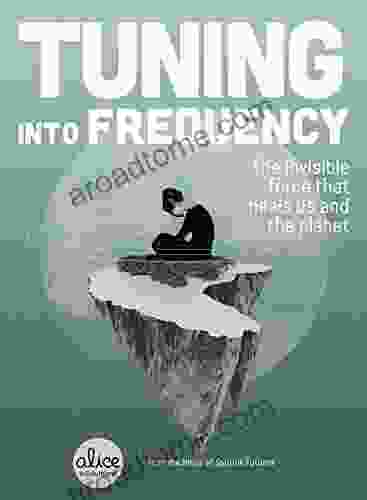
 Fletcher MitchellUnveiling the Invisible Force: Alice in Futureland Reveals the Secret Power...
Fletcher MitchellUnveiling the Invisible Force: Alice in Futureland Reveals the Secret Power...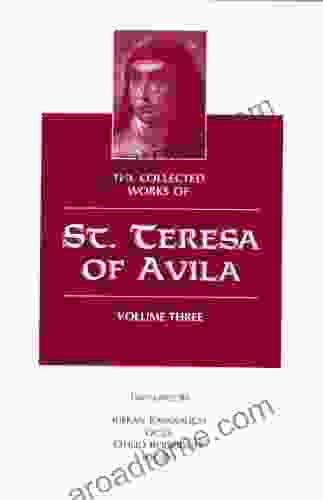
 Corey HayesUnveiling the Profound Wisdom of St. Teresa of Avila: A Comprehensive Guide...
Corey HayesUnveiling the Profound Wisdom of St. Teresa of Avila: A Comprehensive Guide... Oliver FosterFollow ·9.5k
Oliver FosterFollow ·9.5k Bobby HowardFollow ·11.1k
Bobby HowardFollow ·11.1k Randy HayesFollow ·17.8k
Randy HayesFollow ·17.8k Juan ButlerFollow ·6.2k
Juan ButlerFollow ·6.2k Branson CarterFollow ·3.9k
Branson CarterFollow ·3.9k Isaiah PowellFollow ·14.4k
Isaiah PowellFollow ·14.4k Samuel BeckettFollow ·3.5k
Samuel BeckettFollow ·3.5k Ken FollettFollow ·18.7k
Ken FollettFollow ·18.7k

 Timothy Ward
Timothy WardSteamy Reverse Harem with MFM Threesome: Our Fae Queen
By [Author...
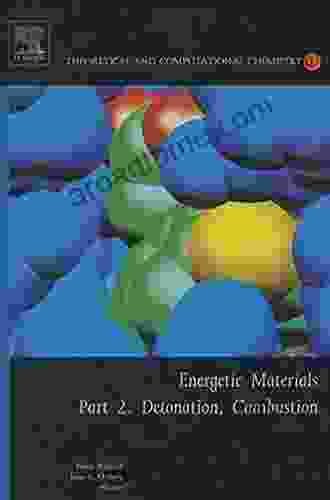
 Cody Blair
Cody BlairThe Ultimate Guide to Energetic Materials: Detonation and...
Energetic materials are a fascinating and...
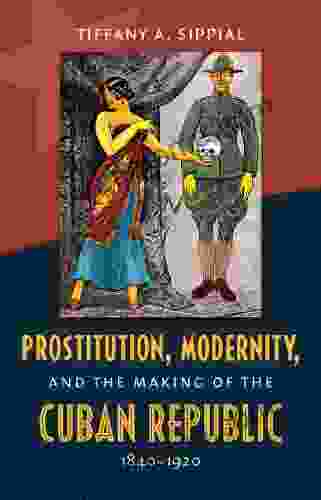
 Kenzaburō Ōe
Kenzaburō ŌeProstitution, Modernity, and the Making of the Cuban...
By Emily A....
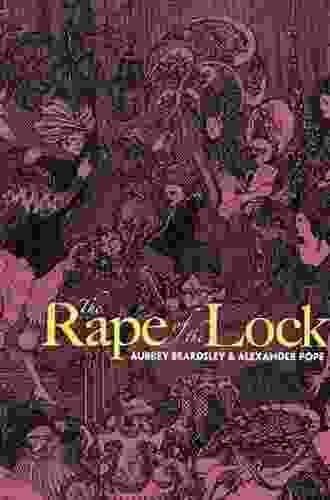
 Kirk Hayes
Kirk HayesUnveil the Enchanting World of The Rape of the Lock by...
Alexander Pope's epic...

 Ivan Turgenev
Ivan TurgenevTantric Quest: An Encounter With Absolute Love
Embark on a Tantric Quest to...
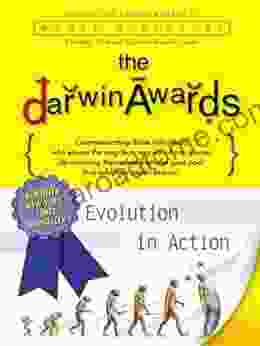
 Gary Reed
Gary ReedThe Darwin Awards: Evolution in Action
The Darwin Awards are a...
4.8 out of 5
| Language | : | English |
| File size | : | 265138 KB |
| Print length | : | 272 pages |


